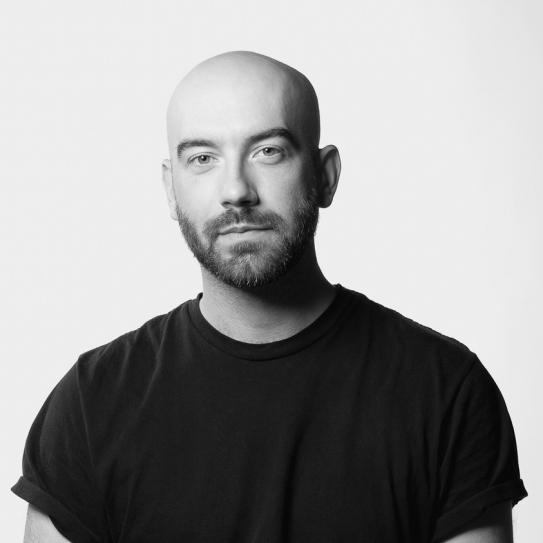
“At a time when you hear about a lot of people changing paths after earning their degrees, I’ve done the opposite,” says Evan Moskal. “My degree is in Business and Technology Management, and that’s exactly what I’m doing: managing a technology business.”
And not just any business: Courant, which Moskal co-founded in 2018, is an unrivaled leader in its market category: wireless chargers so finely crafted that they are every bit as much objects of desire as the devices they’re made to support.
“When my co-founder, Monish Sabnani, and I started brainstorming, we realized that wireless charging was still a relatively untouched space,” Moskal says. “Apple was developing products but nothing that a luxury-minded consumer would actually covet.” That they’ve effectively filled that niche is evident in the press coverage they’ve attracted, with Better Homes and Gardens listing the Courant Catch 3, which is lined with pebbled Italian leather, as one of the “7 Stylish Products That Make Electronics Look Like Décor,” Vogue touting it as one of the top “Bespoke Gifts for the Holidays,” Oprah Winfrey deeming Courant’s wares among her “Favorite Things” multiple times, and outlets like CNN and Fast Company paying attention.
This February, Forbes took notice: Moskal and Sabnani were named to its 2021 “30 under 30” list in the category of consumer technology, with the publication praising their partnerships with such brands as West Elm, Bloomingdales, and SoHo House; their plans to expand internationally; and the fact that Courant, unlike many start-ups, has been generating revenue since its inception.
Moskal traces his success to his time at Tandon, when he signed on for an internship with W&P Design, then a small company packaging craft cocktail kits and creating stylish alternatives to conventional barware. He began working full time there after graduation, just as the company began scaling dramatically. “Being there during that growth stage was gratifying, and while I knew I was an integral part of the business, I also started to envision launching a venture of my own,” Moskal recalls.
W&P’s founders, ambitiously entrepreneurial themselves, understood that type of drive and, while reluctant to lose him as an employee, steered him to sources of funding and gave other practical advice. They were, he says, an inspiration, and he also credits his professors in the Department of Technology Management and Innovation with encouraging him. “There were so many with actual industry experience,” he recalls, “so you knew they were giving you information that had been tested under real-world conditions.”
If he found himself advising a class one day, his own advice would be succinct: “It’s tempting to be complacent and assume that your degree will automatically result in a great job, but that’s not always the case,” he says. “Be proactive. Your degree can prepare you to do something you’ll love, but you have to be the one to go out and find what that is.”


